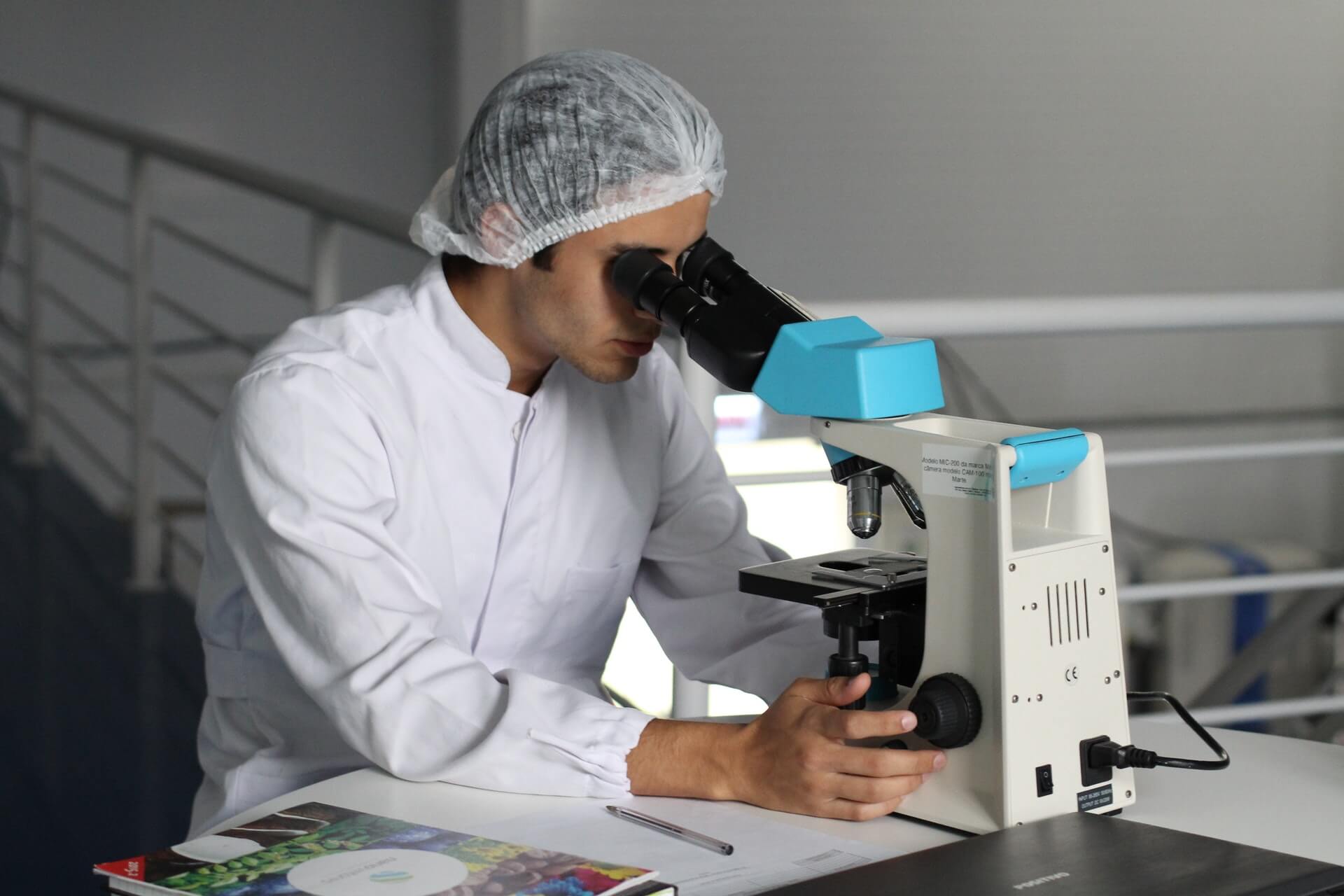
Medical
Medical schools are notoriously tough to get in, especially if you are looking to get into elite schools. But the struggle does not end with one getting into the school. Arguably, the getting in part is relatively easy compared to what follows next. Without further ado, let us take a look at what one should expect provided they get into Medical School.
The first two years
These initial couple of years are spent getting the student acclimatized with the world of medicine. This time is characterized by a mixture of classroom lectures and lab time. Students are made to learn basic science which includes pharmacology, pathology, microbiology, anatomy, biochemistry, behavioral sciences, physiology et al. Emphasis is also put on the students to learn the tricks of the trade of interviewing, examining, and diagnosing a patient.
The schools usually take one of two ways of teaching the students the various relevant subjects. Some schools focus on one single subject for a short block of time and then move on to the next subject for another block of time and so on. The other schools usually prefer the interdisciplinary approach. In this way, students are taught pre-clinical coursework by focusing on one organ at a time and learning all the aspects of the same (anatomy, pathology, pharmacology, and behavior relevant to the system).
At the end of the second year, it is mandatory for the students to sit for the USMLE Step 1. And the score of this text goes a long way in the career of future residents.
3rd and 4th years – Clinical experience
These two years are devoted by the students to doing rotations of the hospitals their school is affiliated to. If you are lucky to be studying in one of the best Caribbean Medical Schools, your clinical experience would be conducted in a reputed hospital in the United States which would highly bolster your chances of being matched into one of the US-based residencies on completion of your MD.
Clinical experience can last from three weeks to three months depending on the curriculum of the school you are enrolled in. However, it is to be noted that clinical rotation will not provide you with the expertise which is required to practice a specialty. That can only be acquired through residency. What clinical rotations will give is breadth and vision to your experience which would go a long way in helping you choose your potential career paths in the future.
Patient care or Research?
If you wish to become a primary care doctor, you should opt for schools that have more patient care, longer clinical rotation periods, and exhaustive coursework in patient handling. On the other hand, if biomedicine or research is your field of interest you should opt for schools that boast of a strong research program in their curriculum.
After Med School
Once you are done with your degree, you would still be required to sit for and pass the board exam. Then you would be required to spend any time between three to seven years as a teaching hospital resident.






